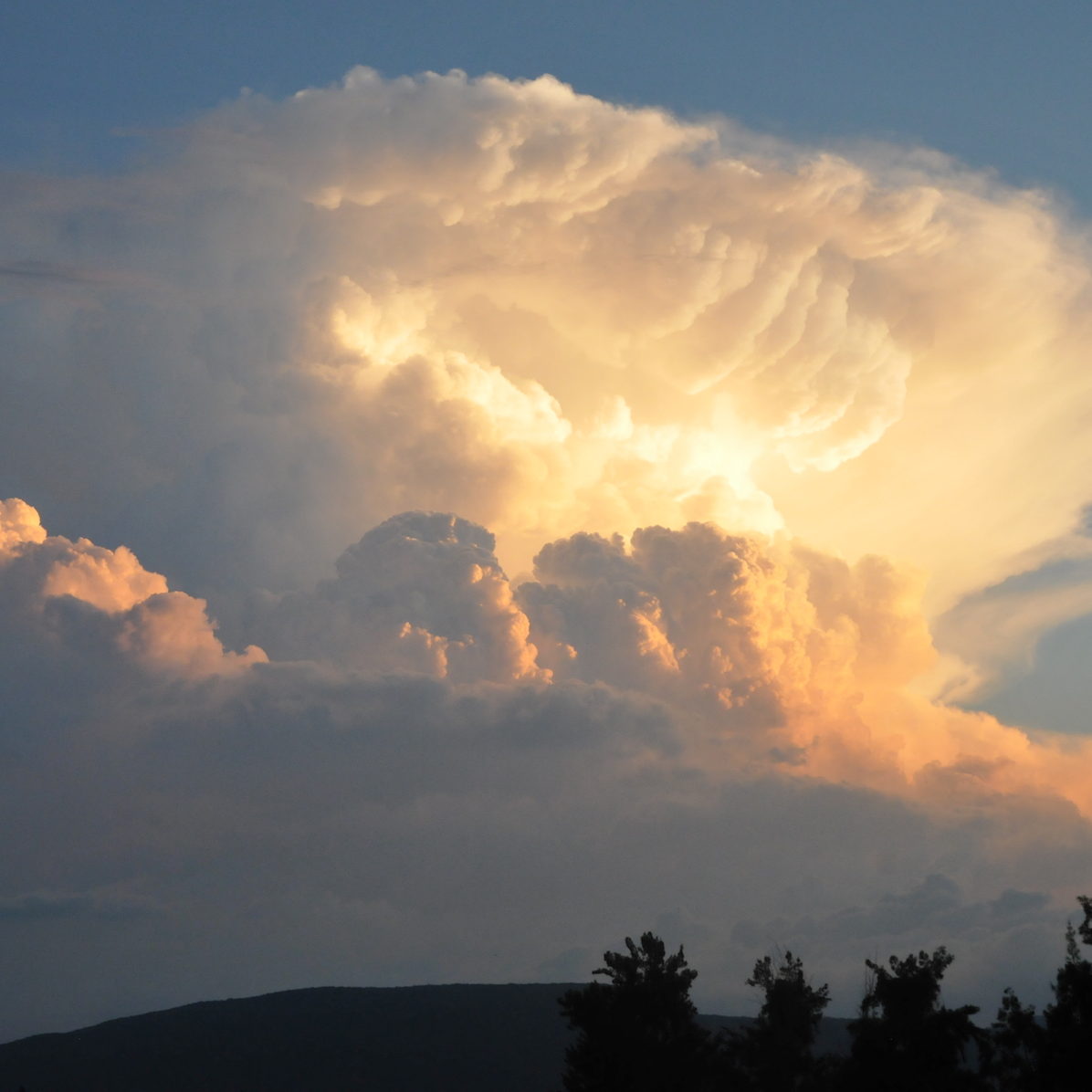I don’t remember the first phone in my life, back in Pennsylvania,
But I know it would have had a dial—insert the finger, feel the drag, let it spin—
Click-click-click, a click per count.
I do remember the phone we had in the Philippines:
It sat at the top of the stairs,
Connected to our landlord’s line on the other side of the duplex wall,
Used on very rare occasions.
Then to Michigan—this one mounted on a wall—
Dial eventually surrendering to a touch pad (but still digit clicking),
Then a wireless shoe-sized receiver.
Meanwhile there was Grandmom’s phone back in Pennsylvania,
Dial kept as long as her strong, arthritic fingers could force it (a long time),
But she finally accepted the touch pad with the inch-wide buttons.
When I married, we had a phone on the wall, a new number,
And a long, long cord for maneuvering, and tangling.
Then Keren was born, and wrangling the payphone at the hospital after her surgeries
Convinced us it was time for our first cell phone—
A solid silver wedge with a tiny gray screen
And costly texts.
Then there was the next cell phone,
Then the next,
How many now?
Each seems sleeker and more lovely,
A world in our hands,
Yet each loses its savor within months…or weeks.
Meanwhile I can still feel the old telephone dial,
How it dragged
And click-click-clicked each number.
I never knew I would miss it.
(I wrote this up late last night, so came back to edit it today and post it. I tried out what’s called a list poem–it’s basically exactly what it says, a list of things, with flexibility. The prompt of telephone got me thinking of all of the phones I’ve had in my life, and the changes with time.)




 . I hope you enjoy this trip down memory lane, along with some photos for reference. It’s so interesting to me how memories work. Will I be vilified for mine, or does friendship outweigh distant relations?)
. I hope you enjoy this trip down memory lane, along with some photos for reference. It’s so interesting to me how memories work. Will I be vilified for mine, or does friendship outweigh distant relations?)